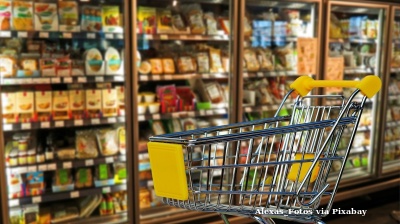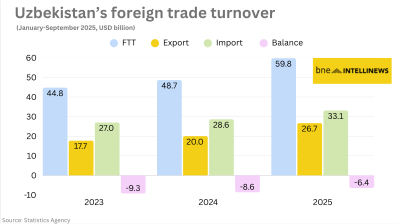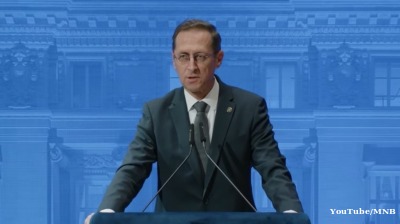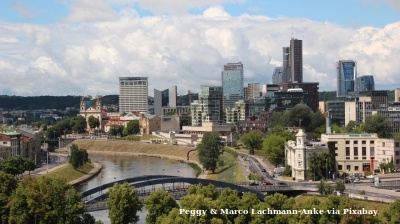Russia's GDP increased by 1.5% in 2017 to RUB92.08 trillion ($1.64 trillion), according to the first estimate of RosStat statistics agency published on February 1.
This confirms previous concerns that de facto recession on the output side in the second half of 2017 undermined the growth. Official government's forecast for GDP growth last year was 2.1% after 0.2% decline seen in 2016.
GDP growth also underpeformed the market consensus, with the analysts surveyed by Reuters expecting 1.7% growth last year. Thirteen of 15 economists surveyed by Bloomberg also predicted higher growth in the range of 1.6-1.9%.
"Disappointing growth, despite low base and higher oil prices," Timothy Ash from Bluebay Asset Manage commented on February 1.
Currently the consensus outlook for 2018 growth is likely to form in the range of 1.4-1.7% versus the official target of 2% GDP growth. The IMF and the World Bank expected Russia's GDP to increase by 1.8% in 2018.
Most recently Moody's Investors Service said it expects Russia's GDP to grow by 1.6% this year. Moody's remained strongly upbeat on Russia despite the weak 2017 results, and suggested the sovereign rating could be increased in 2018 despite mounting sanction pressure and unaddressed structural challenges that many see as one of the reasons for 2017 underperformance.
"Moreover, despite strong harvest last year agriculture sector growth contracted to 1.2% y/y in 2017 vs. 3.2% y/y in 2016," Alfa stressed.
Previously the Ministry of Economic Development blamed the slowdown in the fall on lower output of oil on the Opec+ output cut deal, but this does not see to be the case.
Despite Opec+ agreement, the commodity extraction sector demonstrated 1.4% y/y growth in 2017. Alfa relates this surprise in extraction to the state projects, also a factor that stimulated transport growth of 3.7% y/y.
Data

Turkey's central bank remains cautious, delivers 100bp rate cut
Decision comes on eve of next hearing in trial that could dislodge leadership of opposition CHP party.

Polish retail sales return to solid growth in September
Polish retail sales grew 6.4% year on year in constant prices in September, picking up from a 3.1% y/y rise in August, the statistics office GUS said.

Uzbekistan’s nine-month foreign trade nears $60bn
Export growth of 33% and import expansion of 16% y/y produce $6.4bn deficit.

Hungary’s central bank leaves rates unchanged
National Bank of Hungary expects inflation to fall back into the tolerance band by early 2026, with the 3% target sustainably achievable in early 2027 under the current strict policy settings.




